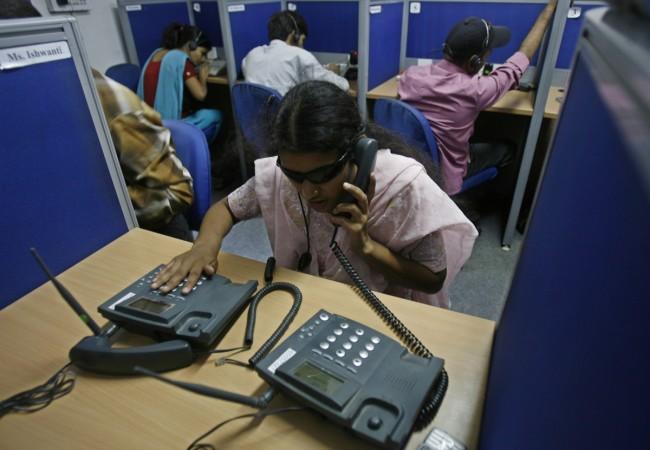
Soon, the differently-abled people should be able to enjoy equal opportunities at their workplaces. Government departments as well as private companies and institutions will have to frame an equal opportunity policy, specifying how they are employing differently-abled persons and providing a proper work environment to them.
World Disablity Day 2016: Some major developments of modern times benefiting the disabled
The policy has been made mandatory under the rules of the Right of Persons with Disabilities Act, that was passed by parliament in December 2016. The policy includes a list of jobs identified for persons with disabilities, the manner of selection of differently-abled persons for various posts, facilities such as special leave, residential accommodation or transfers, and appointment of a trained person to handle recruitment of differently-abled persons.
This is the first time that the private sector has been brought under the Act. Differently-abled people feel that inadequate facilities in private organisations often hinder their job and growth opportunities.
"Despite my polio, after I did my B.Ed, I searched for a job in private schools for almost six months. I wanted to teach physics in the senior classes, but the classrooms were on the higher floors and the schools did not have lifts or ramps. I gave up my wish to teach at a school and became a tuition teacher instead," Shubhash Bose, a physics teacher from Howrah told International Business Times, India.
"Better late than never! I hope the disabled people will at least get to fulfil their passions now," he added. While Bose pointed out the importance of ramps and other infrastructure at workplaces, others stressed on the importance of training as well.
While talking to IBT, India, M Srinivas, the CEO of National Association for the Blind said: "Apart from having infrastructure for the differently-abled, training them is also important. Employers should get in touch with associations that provide training like mobility training, in softwares which are designed for them and other things."
"If at all this policy is implemented and followed strictly by all private and government offices, then within five to eight years, all the differently-abled will have jobs. They are no less than than their abled counterparts," added Srinivas.
To ensure that the policy is being followed in the organisations, the policy will have to be published on the websites and in the annual reports and records maintained by the organisation.
Social activists have high hopes from this policy. "This will directly influence the employment of the differently-abled, especially in the private sector," activist Javed Abidi told the Economic Times.
"Every company would like to portray itself as doing proactive work for the differently-abled. When a company has to publish it periodically on its website, it brings more transparency," he added.
IBT, India asked an HR manager of an IT company based in Bangalore how they were equipped to help the differently-abled employees. "Besides accessible escalators and ramps, which are meant for employees on wheel chairs, we have designated a parking lot exclusively for them and also have support staff to help them when needed," said VJR Nidhi.
"Though facilities are available, the admin department holds discussions with the differently-abled employees every now and then to know whether they need other facilities and whether they are comfortable in the workplace", added Nidhi.
The government is hoping that the policy will be operationalised in April.

















